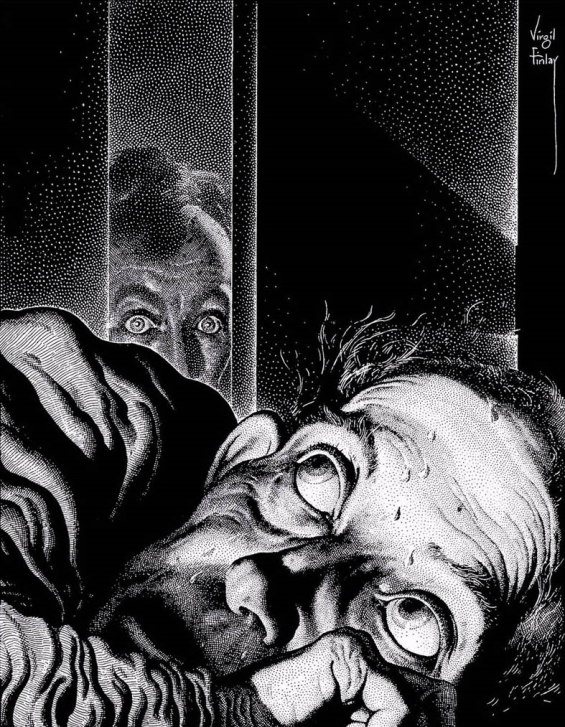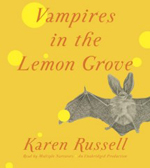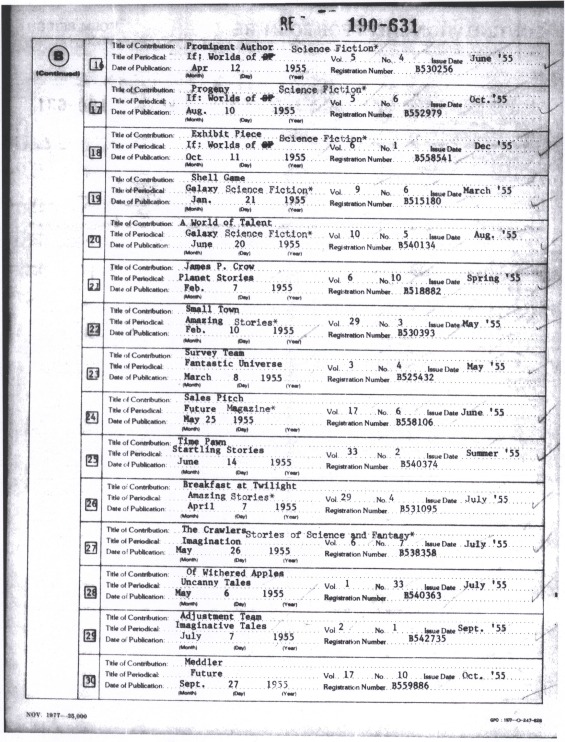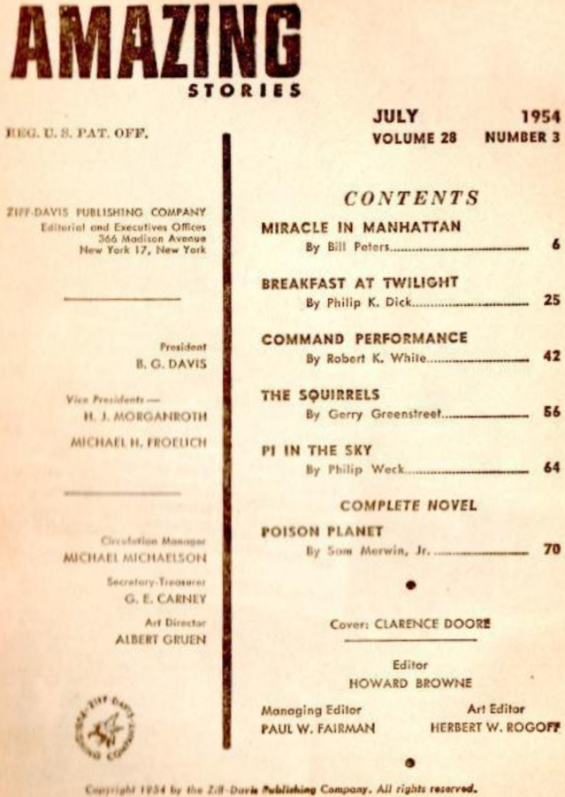
 The World Until Yesterday: What Can We Learn from Traditional Societies?
The World Until Yesterday: What Can We Learn from Traditional Societies?
By Jared Diamond; Read by Jay Snyder
Publisher: Penguin Audio
Published: 31 December 2012
ISBN: 9781611761474
[UNABRIDGED] 16 CDs – 19 hours
Themes: / humanity / community / society / history /
Publisher summary:
Most of us take for granted the features of our modern society, from air travel and telecommunications to literacy and obesity. Yet for nearly all of its six million years of existence, human society had none of these things. While the gulf that divides us from our primitive ancestors may seem unbridgeably wide, we can glimpse much of our former lifestyle in those largely traditional societies still or recently in existence. Societies like those of the New Guinea Highlanders remind us that it was only yesterday—in evolutionary time—when everything changed and that we moderns still possess bodies and social practices often better adapted to traditional than to modern conditions.
The World Until Yesterday provides a mesmerizing firsthand picture of the human past as it had been for millions of years—a past that has mostly vanished—and considers what the differences between that past and our present mean for our lives today.
This is Jared Diamond’s most personal book to date, as he draws extensively from his decades of field work in the Pacific islands, as well as evidence from Inuit, Amazonian Indians, Kalahari San people, and others. Diamond doesn’t romanticize traditional societies—after all, we are shocked by some of their practices—but he finds that their solutions to universal human problems such as child rearing, elder care, dispute resolution, risk, and physical fitness have much to teach us. A characteristically provocative, enlightening, and entertaining book, The World Until Yesterday will be essential and delightful reading.
The World Until Yesterday by Jared Diamond is at its heart a consciousness-raising book. It opens our eyes to the way we live, the ways we used to live, and what we now take for granted. The book covers many broad subjects, and although Jared Diamond had to condense each of them to fit them all into one book, there is enough detail to give readers a clearer perspective about what it means to be a human in a community, and there are plenty of great anecdotes too.
The audiobook narration is great. Jay Snyder comes across as personable and interested in what he’s talking about, so it’s easy to stay engaged all the way through. He helped to make the huge spectrum of ideas and information easy to absorb.
Each subject in the book is explored from the context of different societies, ranging from traditional small-scale societies to modern nation-state societies. The subjects covered include the sharing of territory and resources; managing disputes; the benefits and inherent harms of certain justice systems; how we maintain friendships; how we deal with strangers or enemies; how we treat our children and the elderly; what cultural blind-spots we have when it comes to dangers, diseases; varying ideas about nutrition; and how religion has evolved for different purposes in different cultures and eras.
The anecdotes from Jared Diamond’s many experiences living with traditional, small-scale societies range from scary to comical (although of course, we who live in the West are usually the comical ones). The story about the deranged, murdering “sorcerer” who roamed the New Guinea jungle at night gave me the chills. And I cracked up laughing at the story about the New Guinea tribe who could not believe the first white Europeans they ever saw were people and not spirits. The European explorers stayed with them and kept insisting they were just regular humans, but the tribe didn’t believe them until later, when they checked the explorers’ toilet. It had never occurred to me to wonder whether ghosts shit.
Jared Diamond does not romanticize traditional life: he explores what works and what doesn’t in all the different societies. While he is passionate about certain ideas (e.g. the hidden harms in certain child-rearing practices in the West, or the benefits of constructive paranoia), he also tries to remain objective and offers critics’ viewpoints too.
The World Until Yesterday is also a call to action because it not only shows what people in large modern cultures can learn from small traditional societies, it also explains how we might integrate the more beneficial practices into our personal lives (and simultaneously phase out some of the weirder ones).
Overall, this was a fascinating book with loads of insights into what it means to be human as viewed through the lens of other cultures. I think a lot of ideas from this book will stay with me for a long time, and I’m sure I’ll listen to this again at different times of my life when I want a clearer perspective on my community, culture, or even my own behavior as an individual.
Review by Marissa van Uden.


 The Tell-Tale Heart
The Tell-Tale Heart
 The SFFaudio Podcast #206 – Scott and Jenny talk about the seven short stories nominated for the Nebula Award.
The SFFaudio Podcast #206 – Scott and Jenny talk about the seven short stories nominated for the Nebula Award.
 The World Until Yesterday: What Can We Learn from Traditional Societies?
The World Until Yesterday: What Can We Learn from Traditional Societies?


